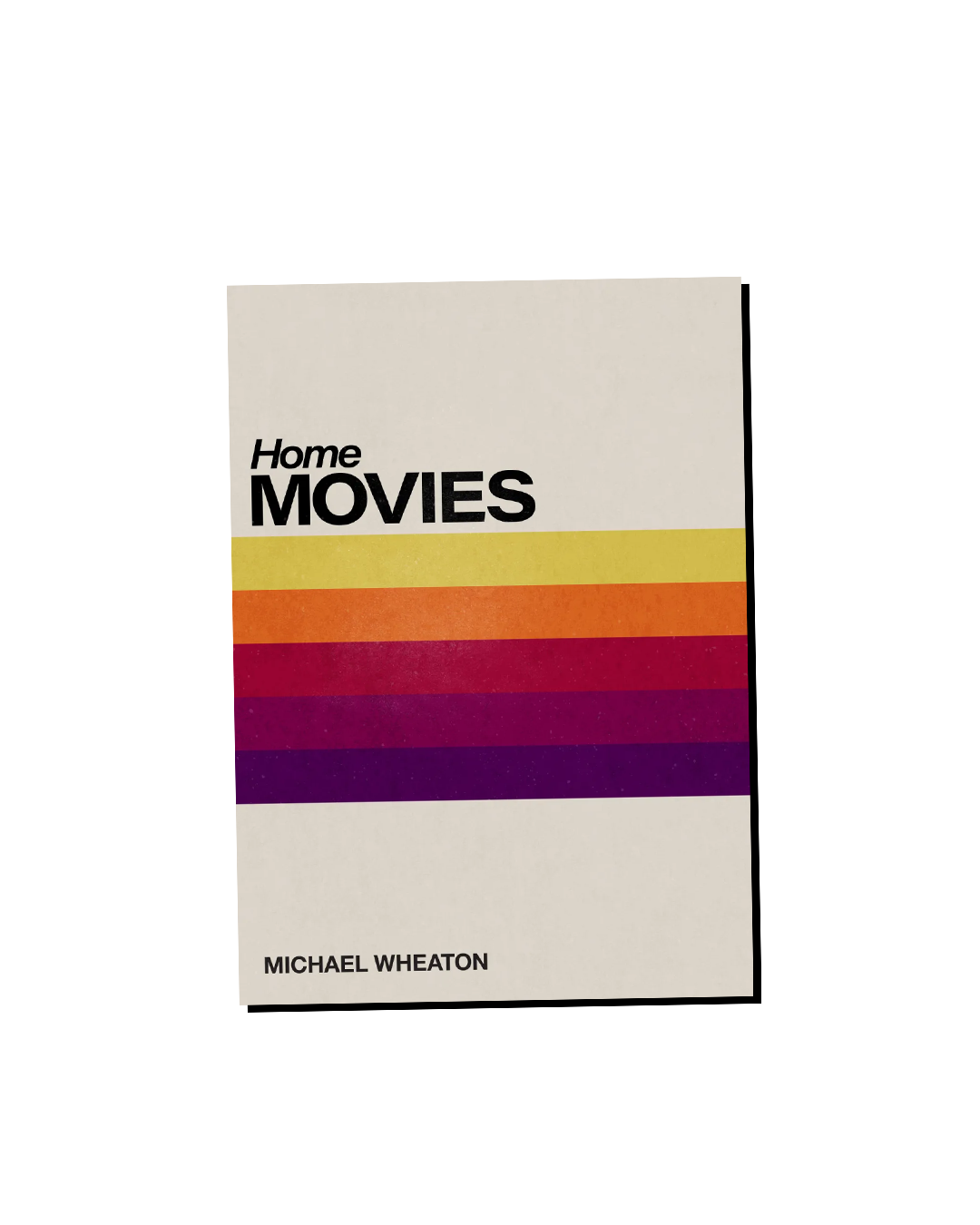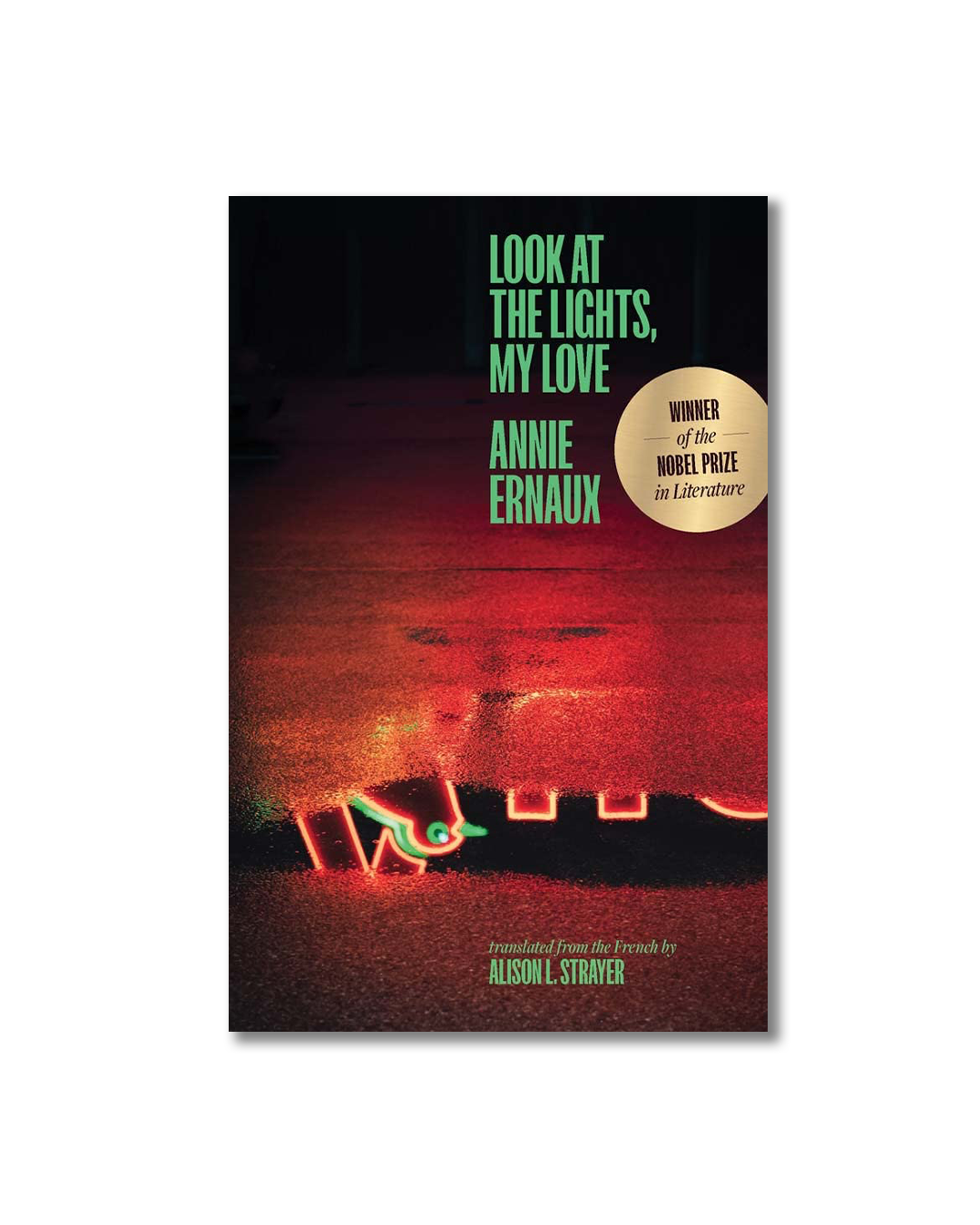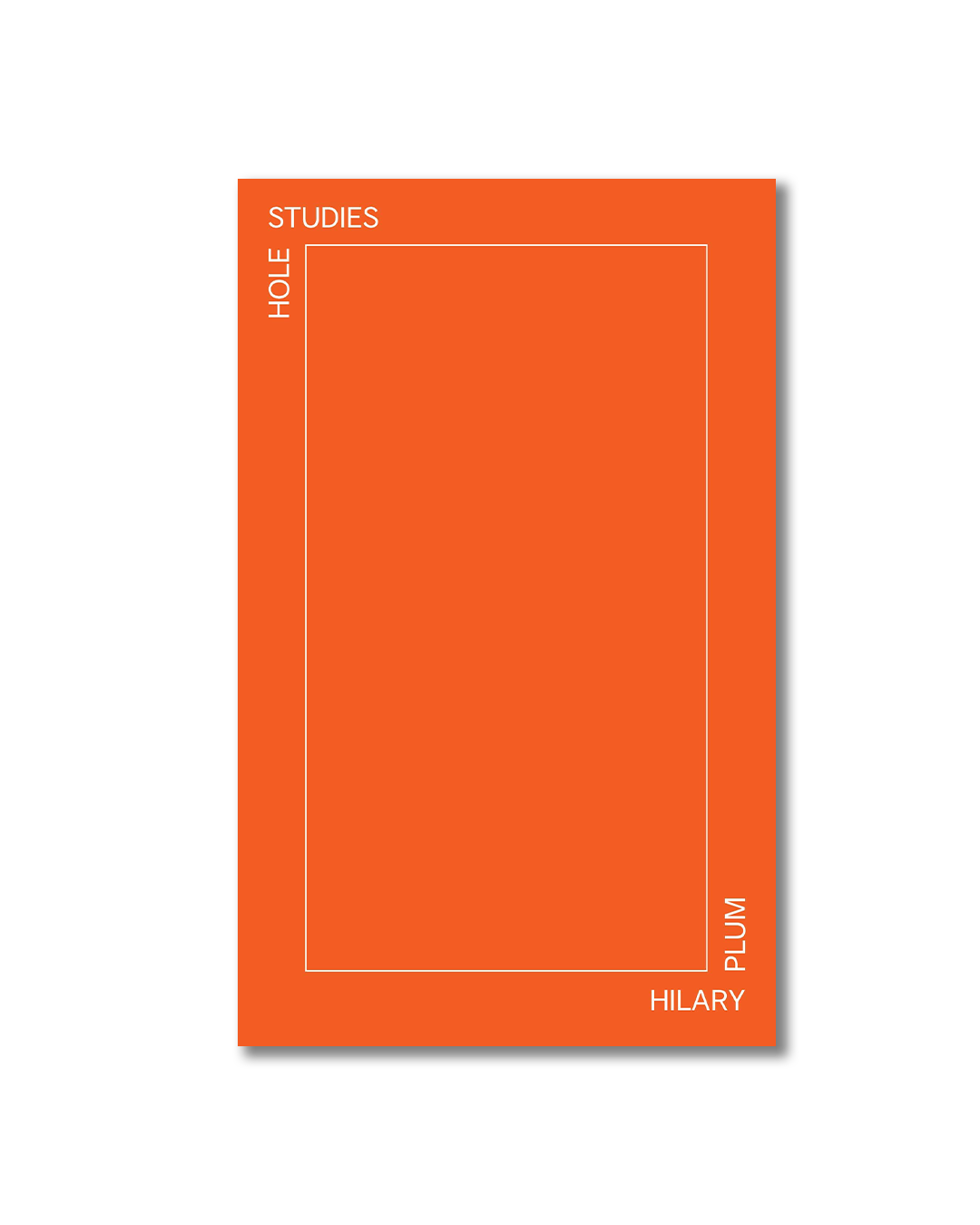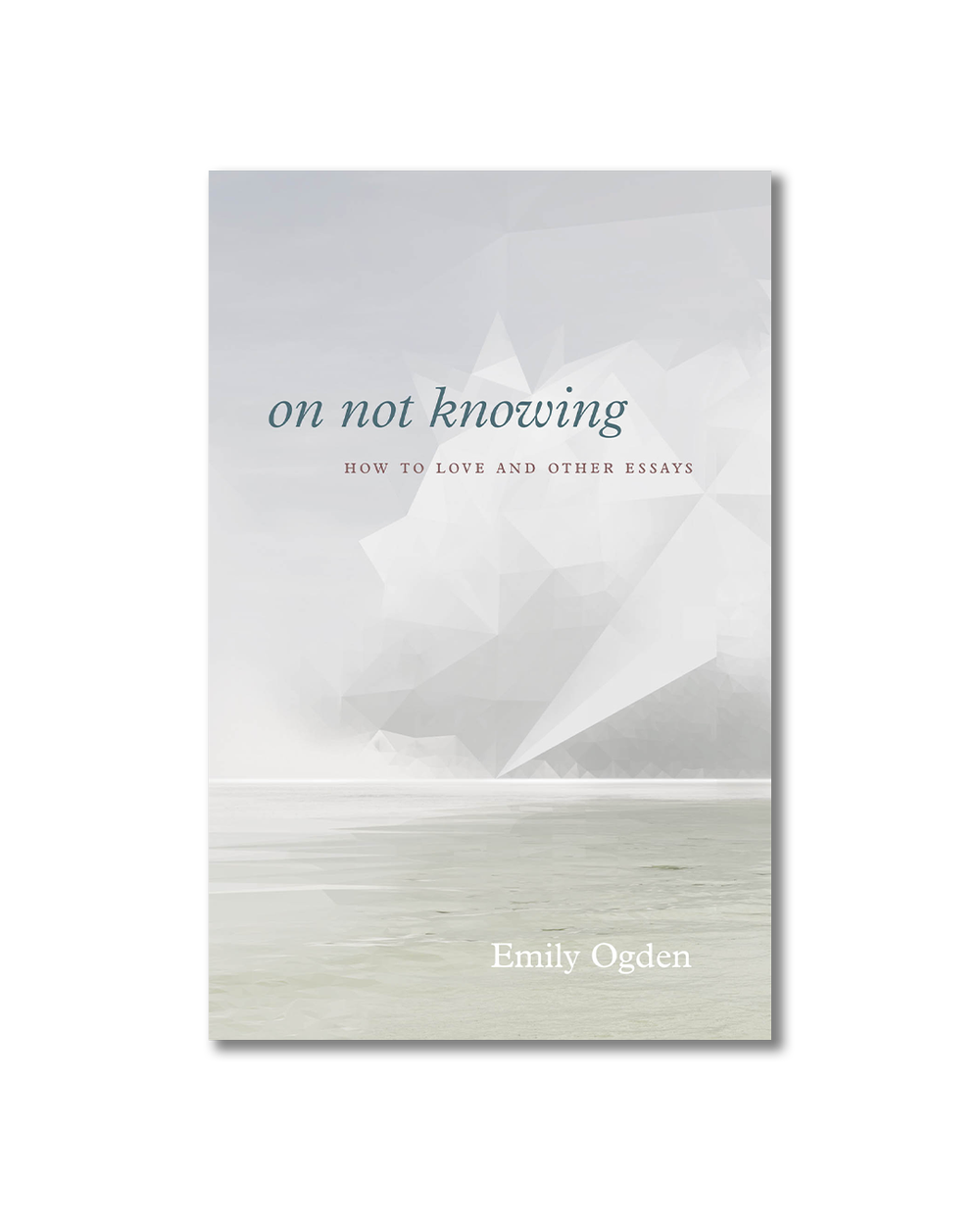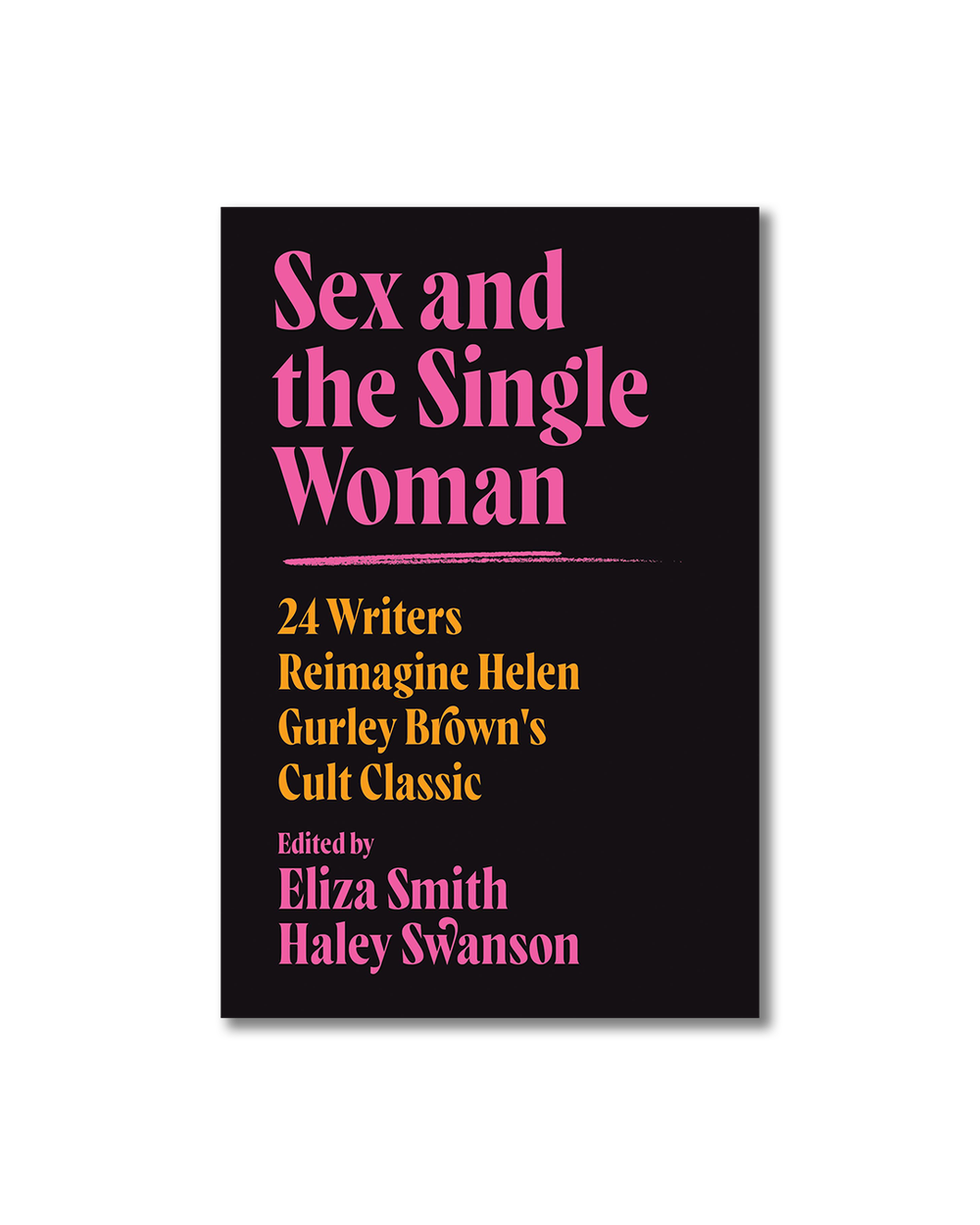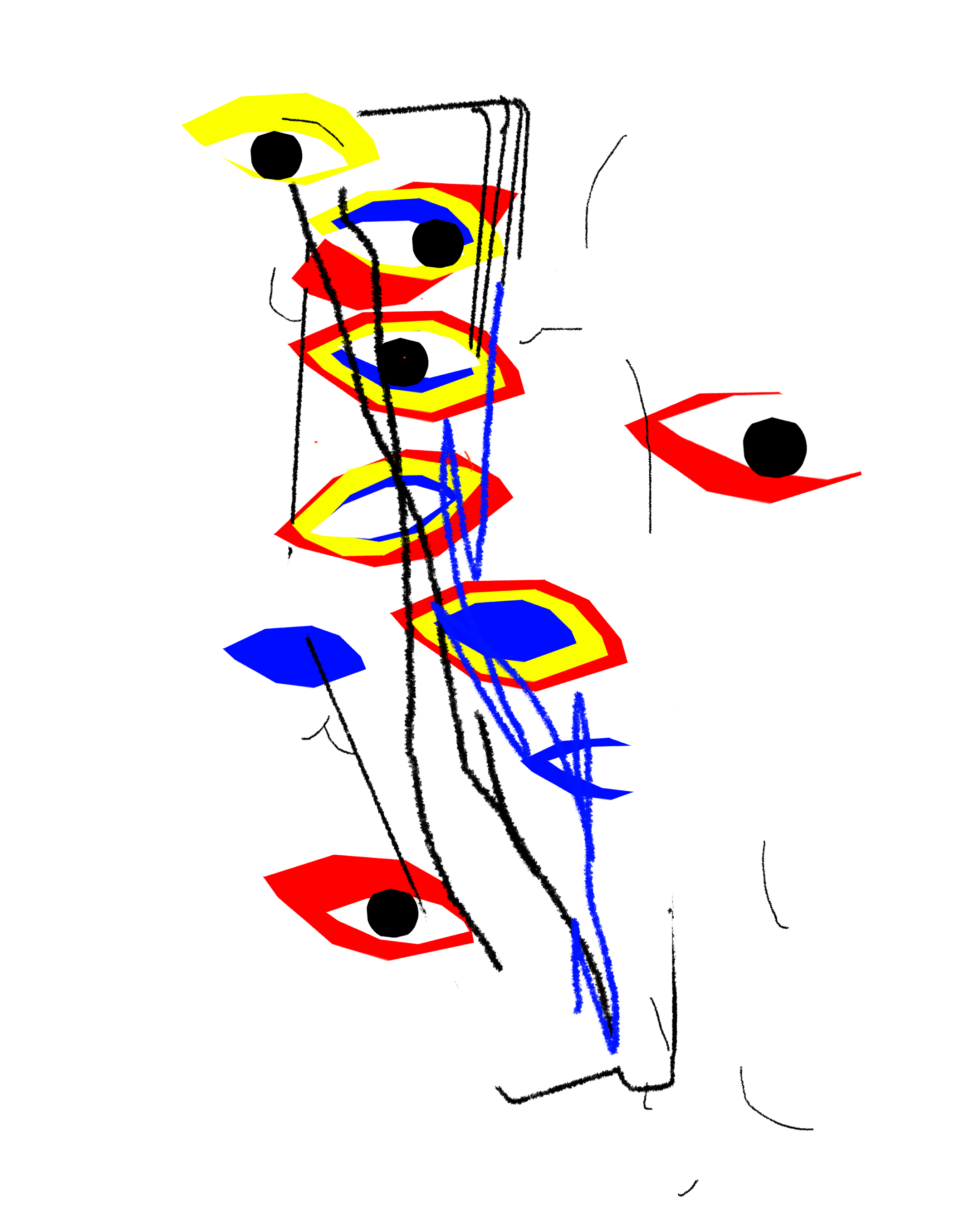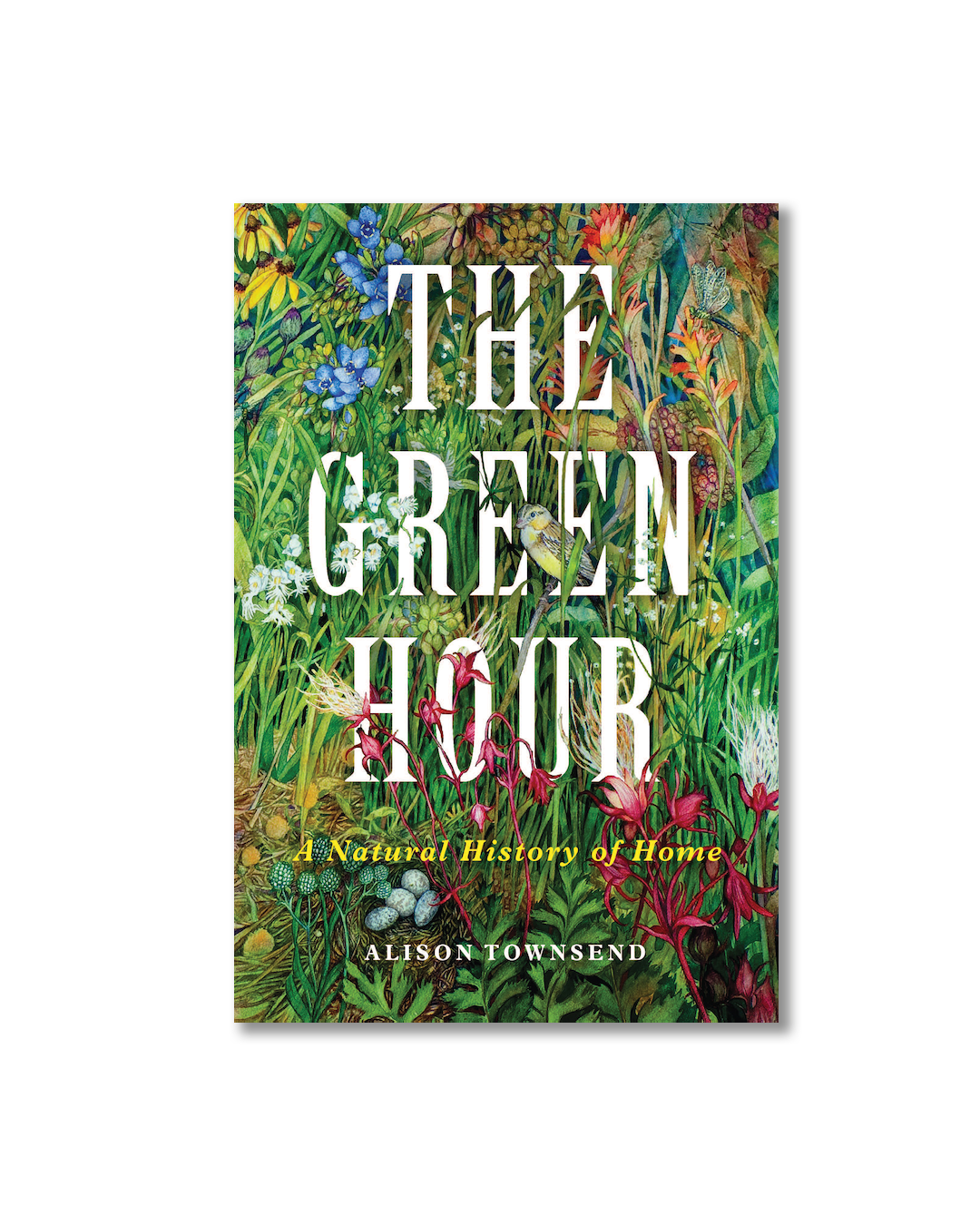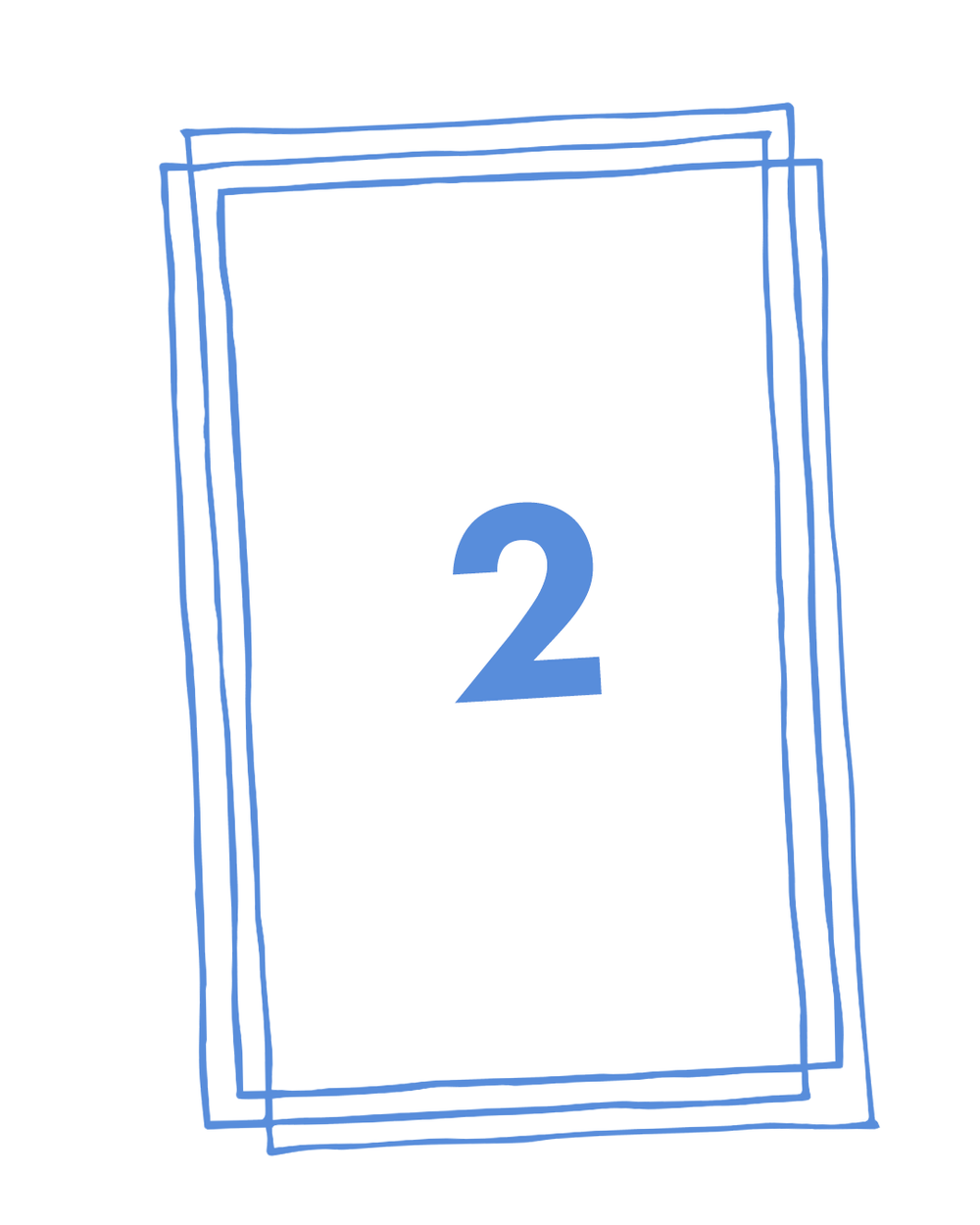Love as Solicitude: On Geoffrey Mak’s “Mean Boys”
The voice sometimes shifts drastically between essays, which is an intentional choice—me playing around with this idea of “code-switching,” and also this postmodern aesthetic of schizophrenia, where I don’t just write from a singular voice, but multiple.
from “Home Movies”
I’d like the work I do to matter somehow, which is all the proof I need that it doesn’t.
The Body Is Not a Metaphor: An Interview with Emmeline Clein
Because this issue has been overlooked from a political and cultural and intellectual standpoint, partially because of its association with girls, I wanted to give it a really serious treatment.
Dirty Work: On Irene Silt’s “My Pleasure” and “The Tricking Hour”
Writing histories of struggle alongside imagined futures of collective care, there is no isolated subject. Silt’s essays and poems serve as a sprawling manifesto, showcasing the peculiarities of pleasure under capitalism.
from “Making Love with the Land”
In what ways is a manuscript an exhibit? In what ways are these words animate? Maybe you understand these pages as an artifact, sacred words from an NDN; or maybe you read me as a sex worker of language, one who strips and fucks the page and spills himself all over it?
The Erotics of Yogurt: On Annie Ernaux’s “Look at the Lights, My Love”
Ernaux’s recent popularity in the US points to our desire for literature that plumbs sexuality without sentimentality. Do away with the crumbs of dissociative sex and give us something raw.
Going Off-Script: On Hilary Plum’s “Hole Studies”
In so many ways, our ability to maintain our way of living relies on our ability to ignore information and tell lies to one another, and especially to ourselves. Ruptures reveal cracks in the surface of our collective agreements.
The Stories We Tell About Ourselves: On CJ Hauser’s “The Crane Wife”
Your apartment is nice, but not amazing. You’re not struggling nor are you wealthy. Sometimes you regret not working harder. Other times, you regret not making more irresponsible choices. If traditionality is suffocating, living free is like treading water and trying not to sink.
A Work of Love: On Emily Ogden's "On Not Knowing"
Defenses of liberal arts education seem a dime a dozen these days.
The Problem with Advice: On “Sex and the Single Woman”
Can dating advice ever be universal?
The Ineffable, the Unspeakable, and the Inspirational: A Grammar
Neuroscientists tell us that what comes to the retina of the eye is only a part—and not even the largest part—of what we see.
Stratigraphy of Memory: On Christine Hume's "Saturation Project"
Christine Hume’s experimental autobiography Saturation Project is about the dissolving of its subject—or maybe, even, The Subject.
The Art of Noticing: On Alison Townsend's "The Green Hour"
The first time I saw an image of William Sommer’s “Winter Landscape” painting, I was doing something unmemorable online; but I remembered the moment I saw it perhaps even more than I remembered the painting itself because it so strongly evoked the view from my childhood bedroom window.
On "Essays Two": An Interview with Lydia Davis
It is easy to take translation for granted. It is easy to appreciate a text only in its current context, to visualize a listed translator as a talented mathematician with some innate knowledge or intuition for what an original author or source text imagined, performing equations to convert languages for our understanding and pleasure.
Finding Meaning in the Micro: On Sonya Huber's "Supremely Tiny Acts"
Deforestation, spree shooters, plastic bag islands, the last vaquita (a shy, small dolphin with panda eyes)… The world, if we’re being honest, is screwed.


